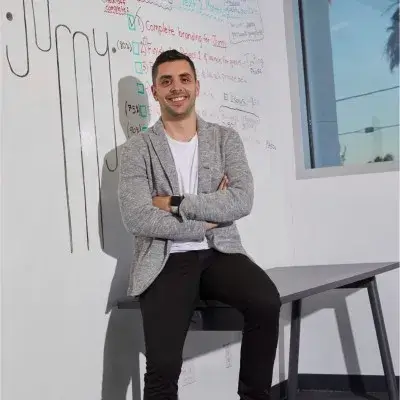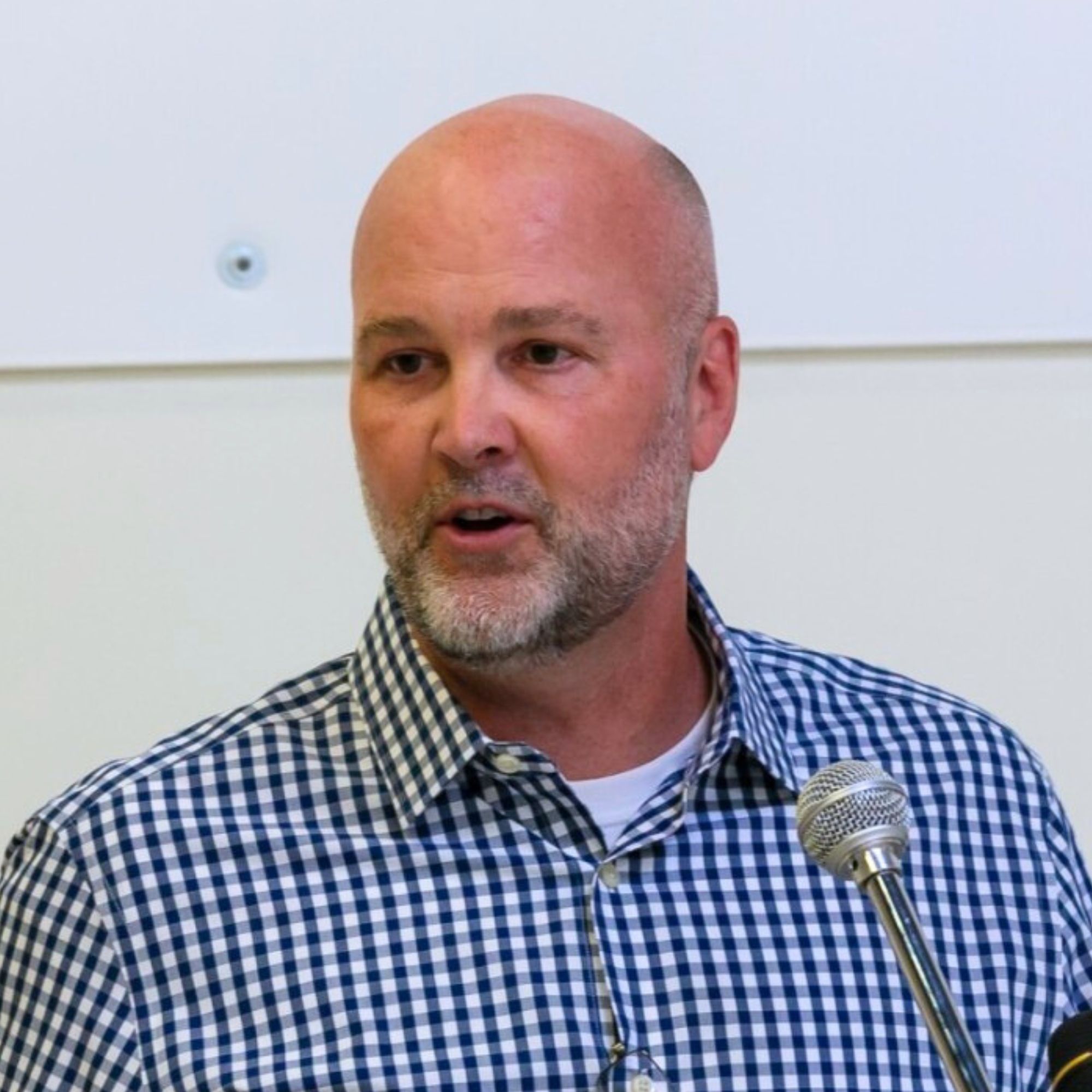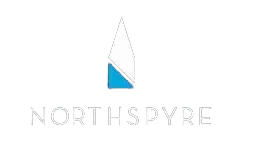Ready to launch your own podcast? Book a strategy call.
Frontlines.io | Where B2B Founders Talk GTM.
Strategic Communications Advisory For Visionary Founders
Conversation
Highlights
From Consulting to Category Creation: How Place Built a Location Intelligence Platform During a Global Pandemic
March 2020 wasn’t exactly the ideal time to launch a startup. But for Place, a location intelligence platform focused on helping retail businesses make better expansion decisions, the timing proved surprisingly advantageous.
In a recent episode of Category Visionaries, Place’s founder Snorre shared how launching during lockdown actually accelerated their early growth: “It wasn’t good time to start because both I have two co founders, Peter and Tobias, and they’re extremely outgoing and social, so starting something in a lockdown was actually pretty good because there’s nothing else to do than just build a company.”
The story of Place’s go-to-market journey offers several counterintuitive lessons for founders, particularly around early customer development and the transition from founder-led sales to a scalable sales organization.
Converting Research into Revenue
Rather than starting with a product and trying to find customers, Place began with extensive market research that organically evolved into their first customer relationships. “Within a month or so, we interviewed almost 50 different companies, everything from Starbucks in our way to the small restaurants just on the corner, mom pop shops and so on, and try to understand how they did their expansion planning and how they located from new locations,” Snorre explained.
The key innovation in their approach was combining research with subtle product validation. At the end of each interview, they showed sketches of their business concept. This strategy proved remarkably effective – many of these early research participants became their first customers, with one early interviewee becoming their largest client: a mall operator with over 40 locations across Norway.
Creating a New Category
While Place operates in the established location intelligence market alongside players like Placer AI and MyTraffic, they’re working to define a new category they call “collaborative analytics.” As Snorre explains, “We introduced the term collaborative analytics. Our tool is more centered around, you have the same access to understanding an area going in, look, the people, movement, transaction data and all this. But we made it into a collaborative tool where you capture different insights and graphs you want and you build your report, and then you include your internal and external stakeholders in this.”
The Transition from Founder-Led Sales
One of the most challenging transitions for Place has been moving away from founder-led sales. “From a founder perspective, it’s a bit rough when you are the one in charge of talking with the customers all the time. You are the one driving being that bridge between the customer needs and taking over to the product side and holding everything together,” Snorre shared.
The company has successfully navigated this transition, growing from their first dedicated salesperson a year ago to a team of four. This expansion helped triple their annual recurring revenue from $150,000 to $450,000 last year.
Building for International Scale
Place’s next challenge is international expansion. While they’ve found success in the Nordics, moving beyond requires careful strategic consideration. As Snorre notes, “Europe is so much more culturally diversified… For us having a data product, we need to source data in new countries as well, even though we have some cross border datasets. So in many ways it makes a lot more sense to go directly to the US where we could integrate with one or two data suppliers.”
For founders building similar businesses, Snorre offers this advice: “Start with a bigger market because the prop tech market is quite national and its hard to jump from one market to another. You would definitely get a competitive advantage by starting a larger market and then getting broadly market fit in a larger market where you can scale internally domestically.”
Looking ahead, Place aims to transition to a fully self-served model leveraging product-led growth, targeting both enterprise clients and SMBs. Their goal? Reaching $100 million in ARR within three years while expanding to at least 20 markets.
Actionable
Takeaways
Embrace Challenges as Opportunities:
Launching Plaace amidst a global pandemic, Snorre demonstrated the importance of adaptability and resilience for founders. Challenges often pave the way for innovation, underscoring the need to stay agile and responsive to changing market conditions.
Harness the Power of Diverse Experiences:
Snorre's international background enriched Plaace's approach to the prop tech space. Founders should leverage diverse experiences and perspectives within their teams to foster creativity and innovative problem-solving.
Prioritize Collaborative Analytics:
The introduction of collaborative analytics by Plaace showcases the evolving nature of data utilization in decision-making. Tech founders should explore how collaborative tools can enhance their product offerings, leading to more engaged and informed user bases.
Secure Early Funding with a Clear Vision:
Despite initial challenges in securing funding, Plaace's journey emphasizes the importance of articulating a compelling vision to potential investors. A clear, impactful vision can be a decisive factor in early-stage fundraising efforts.
Strategically Plan for Global Expansion:
Plaace's ambitions to scale beyond its initial market highlight the necessity of strategic planning for international growth. Founders should consider the complexities of new markets, including cultural, regulatory, and competitive landscapes, to ensure successful expansion.



































